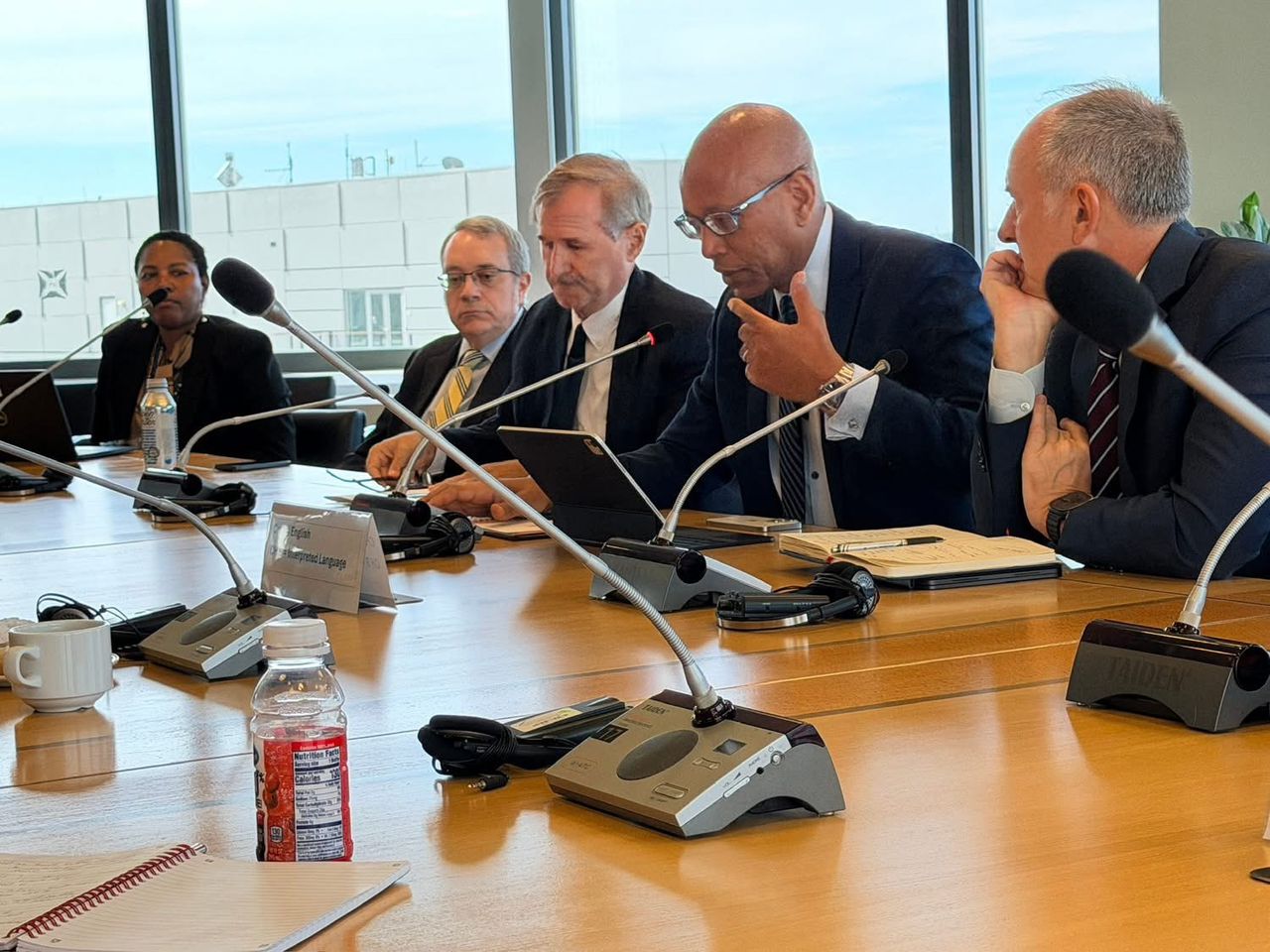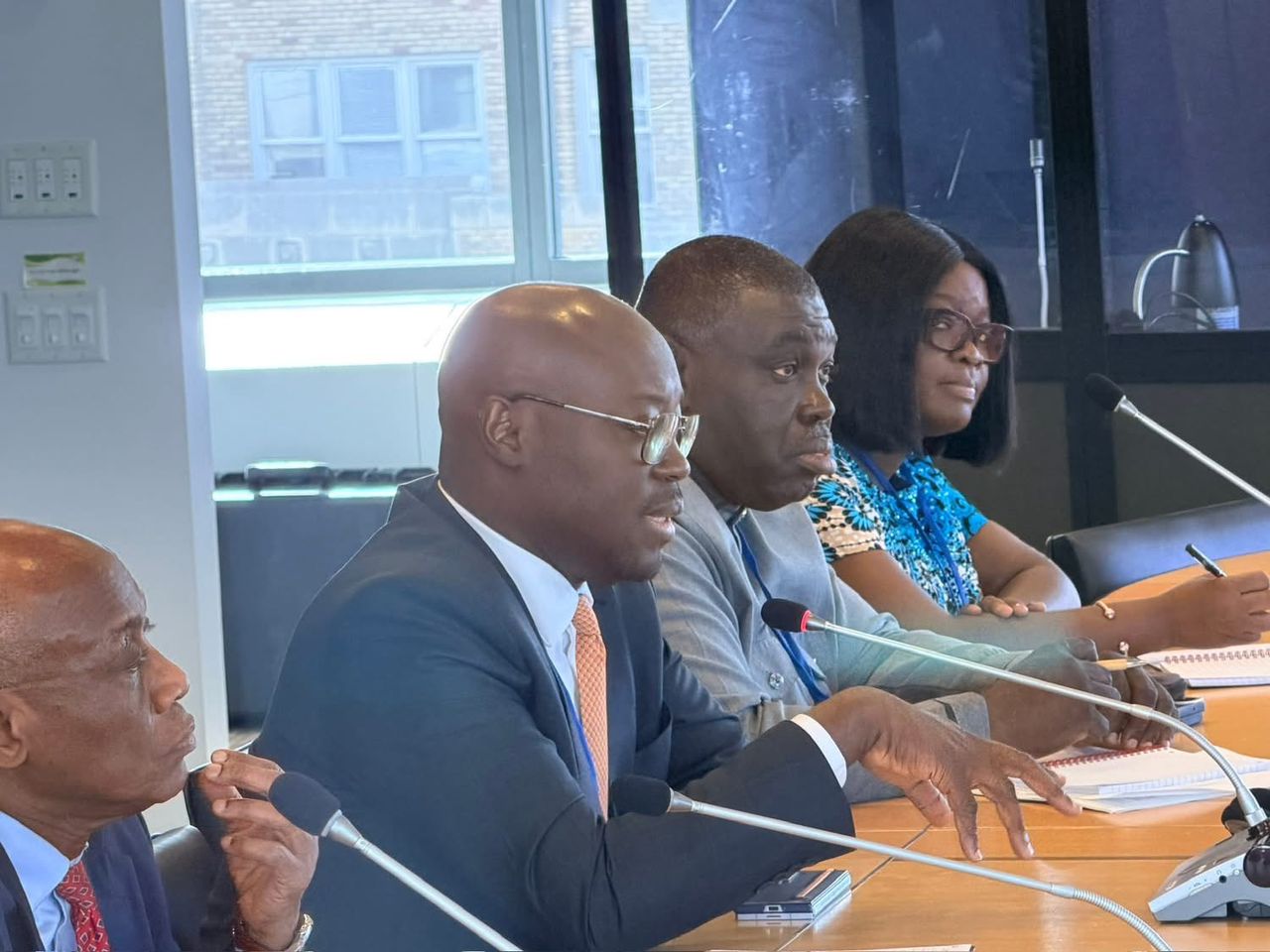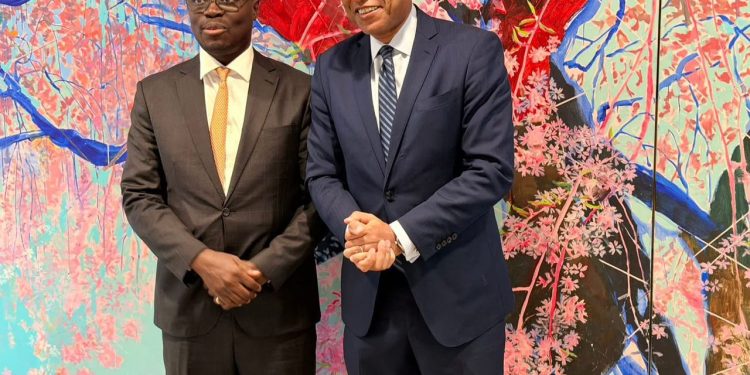Ghana Unveils 500,000-Job Plan Through Expansion of Economic Crops
Ghana’s government has announced a sweeping agriculture-driven employment initiative expected to create more than 500,000 jobs, anchored on the expansion of high-value economic crops such as oil palm, rubber, cashew, and shea.
Finance Minister Dr Cassiel Ato Forson disclosed the plan after high-level talks with Ethiopis Tafara, Regional Vice President for Africa at the International Finance Corporation (IFC), on the sidelines of the IMF–World Bank Annual Meetings in Washington.
The initiative represents one of Ghana’s most ambitious attempts yet to reposition agriculture as the core of its growth strategy, leveraging the sector’s ability to absorb labour while boosting export earnings and industrial raw-material supply.

Dr Forson revealed that a comprehensive Oil Palm Plantation Policy will be presented in the 2026 Budget, forming part of a broader framework to stimulate investment in economic crops with strong downstream value-chain potential, from cultivation and processing to manufacturing and exports.
“The opportunities in economic crops are immense,” the Minister said. “With the right investment and strategic partnerships, Ghana can create over 500,000 jobs across the value chain.”
A central focus of the discussions with the IFC was the mobilisation of patient capital, long-term financing essential for plantation development, infrastructure, and agro-industrial processing. The IFC and World Bank are expected to work with the Ghanaian government to crowd in private capital, de-risk agricultural investment, and strengthen institutional frameworks for land access, out-grower schemes, and export logistics.
Mr Tafara reaffirmed the IFC’s commitment to aligning with Ghana’s development priorities, noting that agriculture remains a powerful lever for unlocking Africa’s demographic dividend and promoting sustainable employment.
The new programme comes at a crucial moment in Ghana’s post-IMF reform cycle, as the government seeks to shift from fiscal stabilisation to growth recovery. Agriculture, which employs over one-third of Ghana’s workforce, has been identified by the Ministry of Finance as a strategic anchor for inclusive growth and import substitution.

If effectively implemented, the economic-crops initiative could stimulate rural industrialisation, reduce food imports, and enhance foreign-exchange earnings from value-added exports. Analysts note, however, that success will depend on coherent policy execution, infrastructure support, and transparent partnership frameworks between the state, investors, and farming communities.
The emphasis on oil palm is particularly significant. Ghana currently produces less than half of its domestic palm-oil demand, importing hundreds of millions of dollars’ worth of products annually. Large-scale plantation development, coupled with smallholder support and processing clusters, could dramatically alter that equation, spurring rural jobs while anchoring new manufacturing capacity for soaps, cosmetics, and biodiesel.
For the IFC, the initiative reinforces a broader strategic pivot toward agro-industrial value chains as engines of employment and inclusive growth across Sub-Saharan Africa.
“Agriculture offers one of the most viable pathways for Africa’s youth employment and sustainable transformation,” Mr Tafara said. “We are pleased to partner with Ghana to make this vision a reality.”
The proposed 2026 Budget is expected to outline the policy framework, fiscal incentives, and institutional coordination mechanisms for the initiative. If fully financed and effectively governed, Ghana’s economic-crops drive could become one of the country’s largest employment programmes in a decade, marking a pivotal shift from short-term stabilisation to long-term structural transformation.







